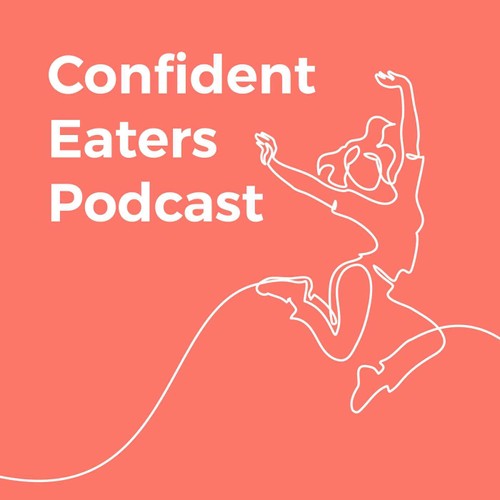
 Confident Eaters
Confident Eaters How more pleasure = less overeating
Sep 6, 2023
In this engaging conversation, Katya, who views food as a primary source of joy, shares her journey of navigating emotional eating. She highlights the tendency to rely on food for rest and enjoyment, leading to insightful discussions on replacing those habits with fulfilling activities. They dive into the significance of mindfulness, creating pleasurable environments, and integrating joy into the everyday routine. Additionally, Katya emphasizes the value of taking breaks and how to manage the balance between family time and personal food preferences.
Chapters
Transcript
Episode notes
1 2 3 4 5 6 7 8
Intro
00:00 • 2min
Navigating Compulsions and Joyful Eating
01:46 • 16min
Creating Pleasurable Spaces for Mindful Living
17:35 • 2min
The Power of Rest and Relaxation
19:50 • 5min
Navigating Quality Time and Food Challenges with Kids
24:31 • 2min
Embracing a Balanced Diet
26:35 • 18min
Mastering Daily Structure
44:42 • 6min
Balancing Time for Fitness and Joy
50:40 • 12min
